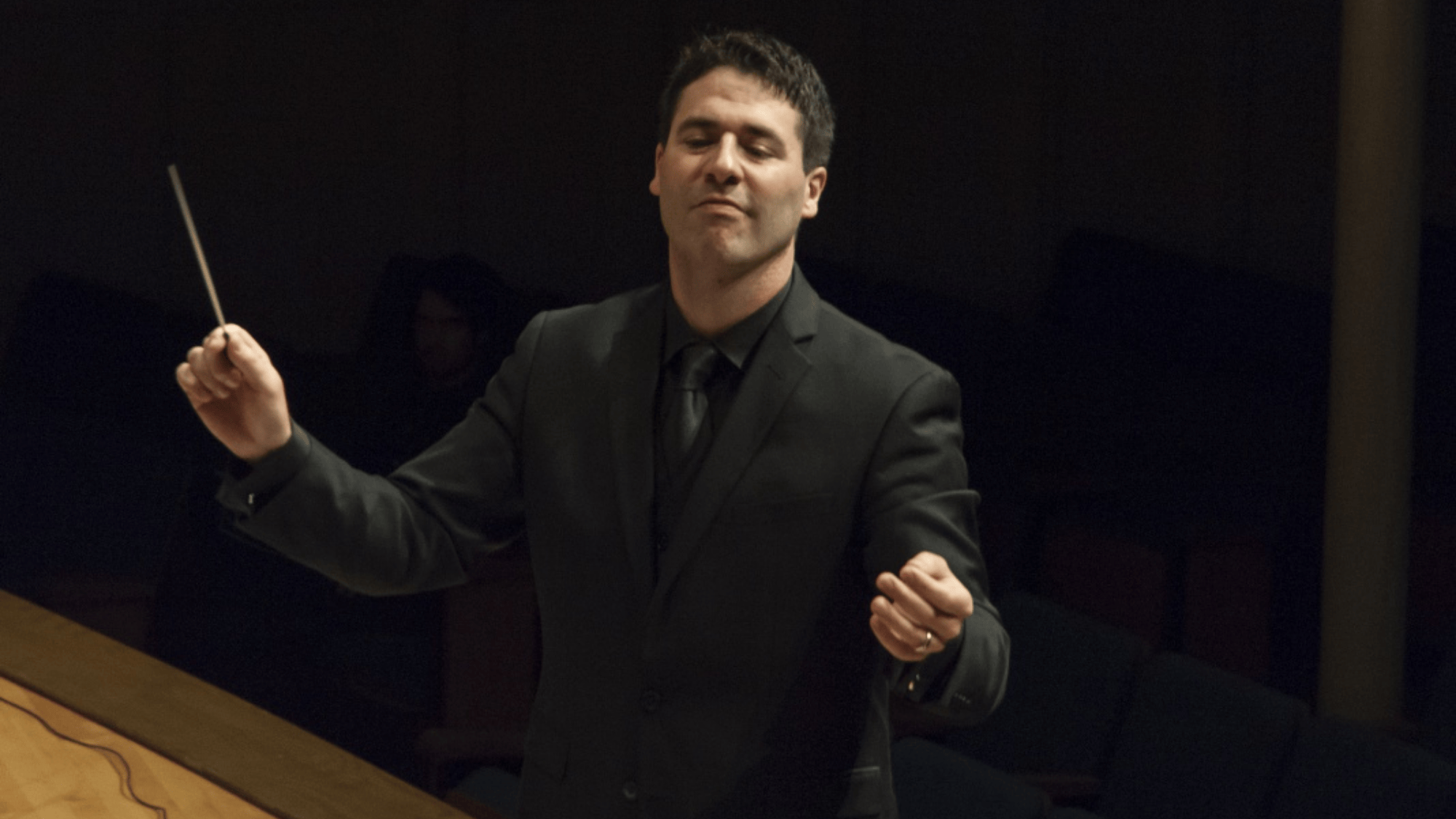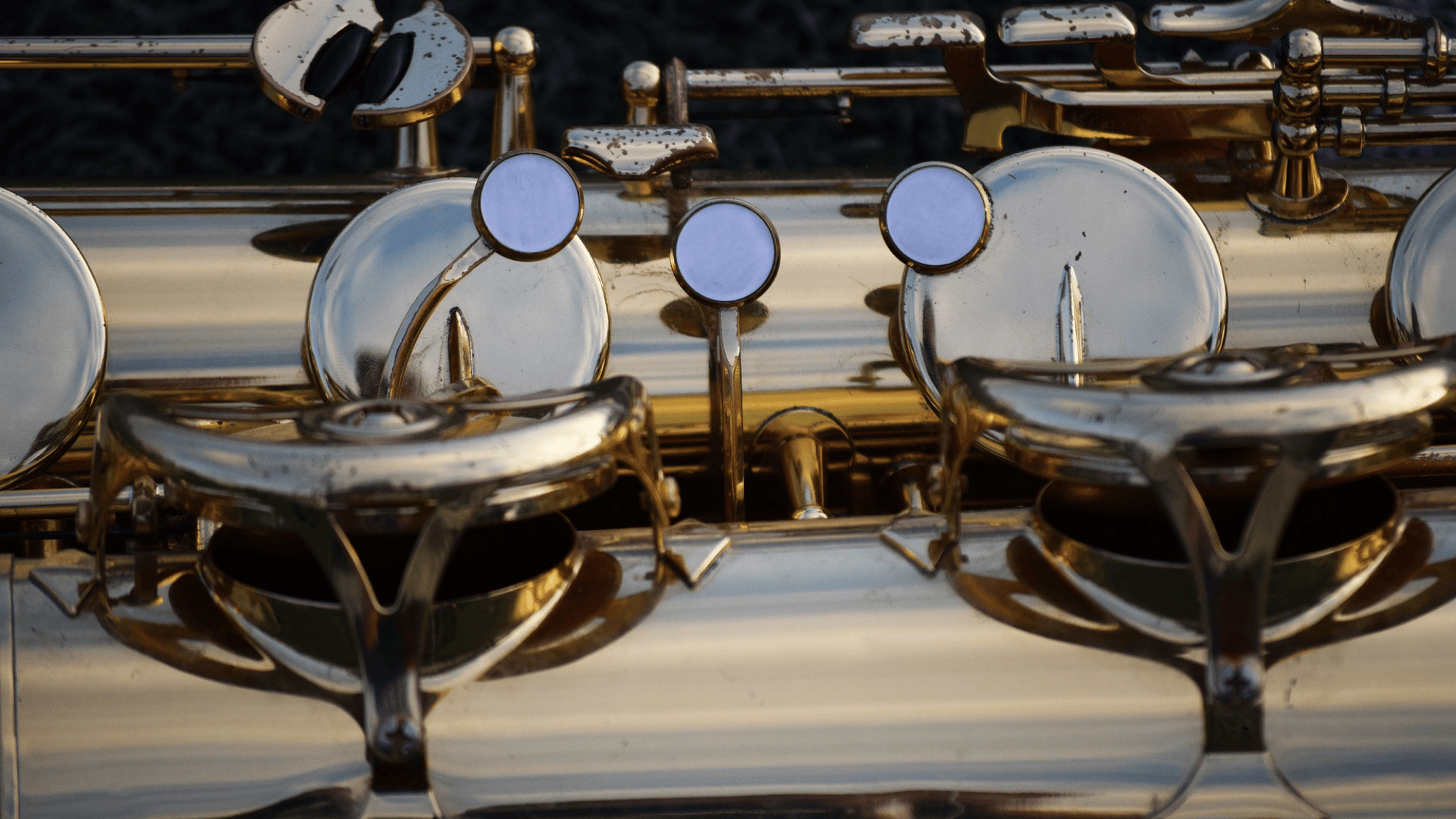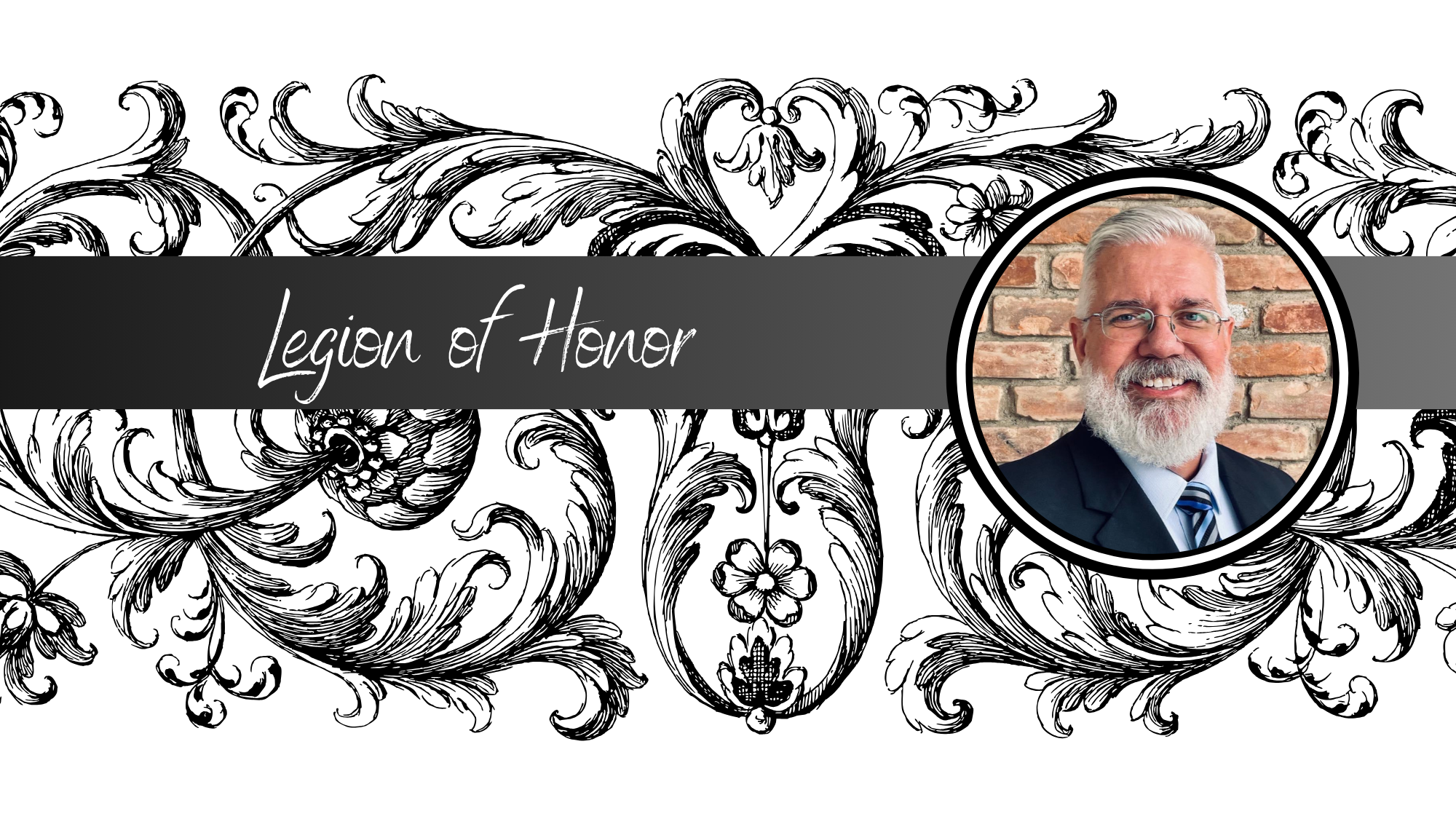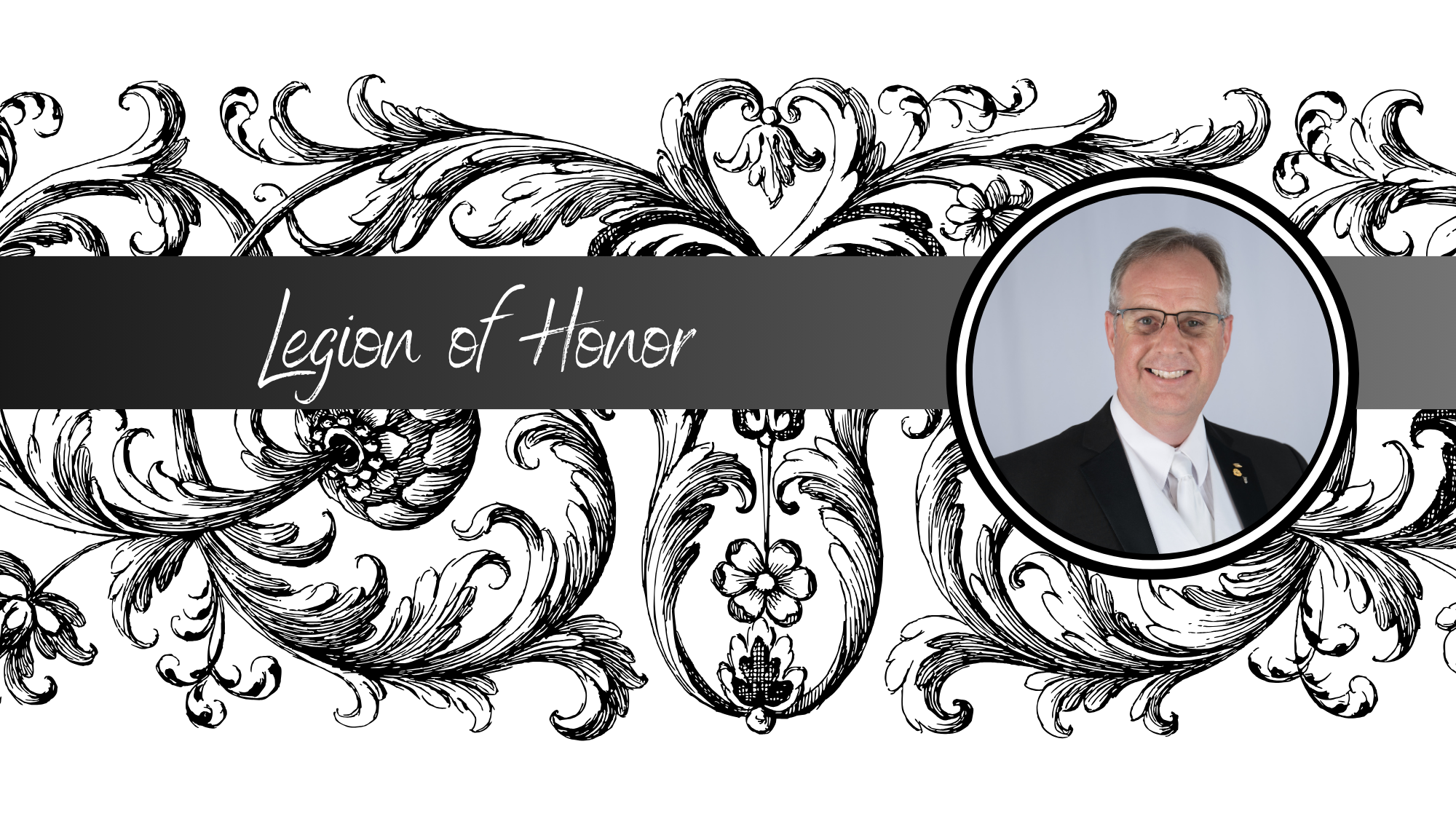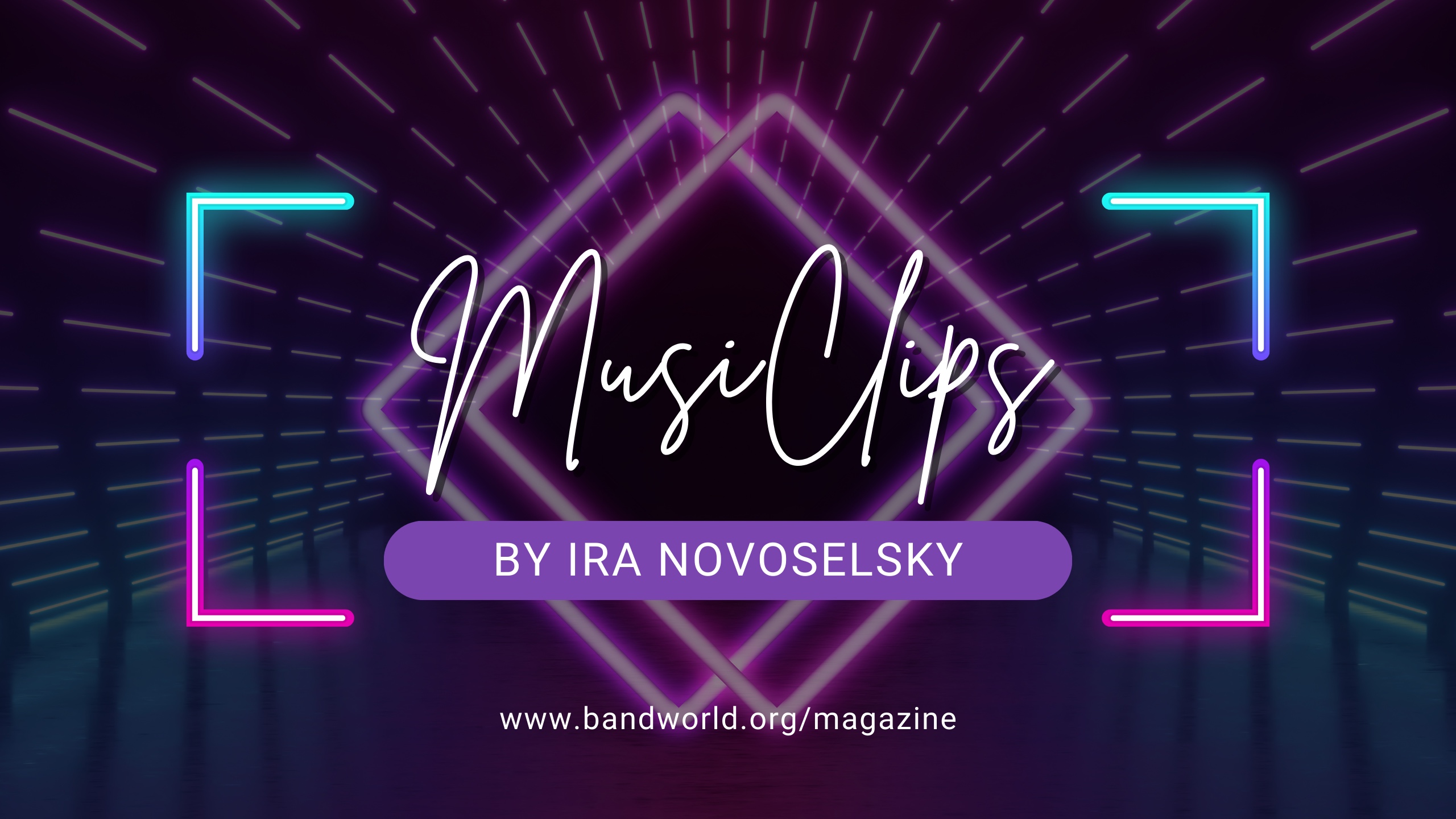“Everything she’s saying could be applied to teaching music!” That was my thought this summer when I read Brene Brown’s insightful and inspiring book “Daring Greatly: How the Courage to Be Vulnerable Transforms the Way We Live, Love, Parent, and Lead.” Through her study of connections, Dr. Brown has learned that “vulnerability is the core, the heart, the center, of human experiences.” Connections are created when we are vulnerable, when we let our guard down or take off our armor. Dr. Brown knows about connection: Her talk at TEDxHouston, “The Power of Vulnerability,” has been viewed online more than 16 million times and been translated into 48 languages.
A theme in Brown’s book that hit me hard with its profundity is that “We are psychologically, emotionally, cognitively, and spiritually hardwired for connection, love, and belonging. Connection, along with love and belonging (two expressions of connection), is why we are here, and it is what gives purpose and meaning to our lives.” This explains why students are drawn to music classes and why music teachers can be so successful in making a positive difference in students’ lives.
One of the most important qualities of an exceptional music teacher, other than musicianship, is the ability to make connections. Think about it. We need to be connected to the art form of music—not sort of connected but really connected.
We have to believe in and be passionately connected to the literature that we program with our students. Picking up on Brown’s insights, we can best share our connection to the music when we are truly vulnerable—when we overcome our fears and inhibitions and truly express through our gestures, facial expressions, and comments how the music makes us feel. Ultimately, as musical artists, we are making emotional, spiritual, and mental connections with the audience through our musical performance. The more we are connected to the music and our students, and the more our students are connected to the music, one another, and us, the more vibrant and electric our performances will be.
We need to connect to our students on a personal level built on a foundation of mutual trust and respect. Our students want to feel connected to us. The more vulnerable we are, the more we can connect to others. Great music teachers create an environment where students feel safe to be vulnerable, creative, and truly expressive. In this kind of setting, students are connected to one another, to the music, and to the teacher. Performance, leadership, communication, passion, expression, relationships—everything boils down to connecting!
We have to nurture and foster all connections—band parents, community organizations such as the Rotary Club, state music educators associations, ASBDA, CBDNA, etc. We can go out of our way this fall to make and strengthen connections with our administration, office assistants, faculty, staff, custodians, and coaches. Don’t wait to connect with administrators until there is a problem. Connect early about positive things so that they will be more likely to collaborate rate to find a solution when an issue arises.
Why do students love music class? Because it fulfills their greatest needs— connection, love, and belonging. As we return to our campuses this month, let’s try to be a little more vulnerable and connect at a new level.

